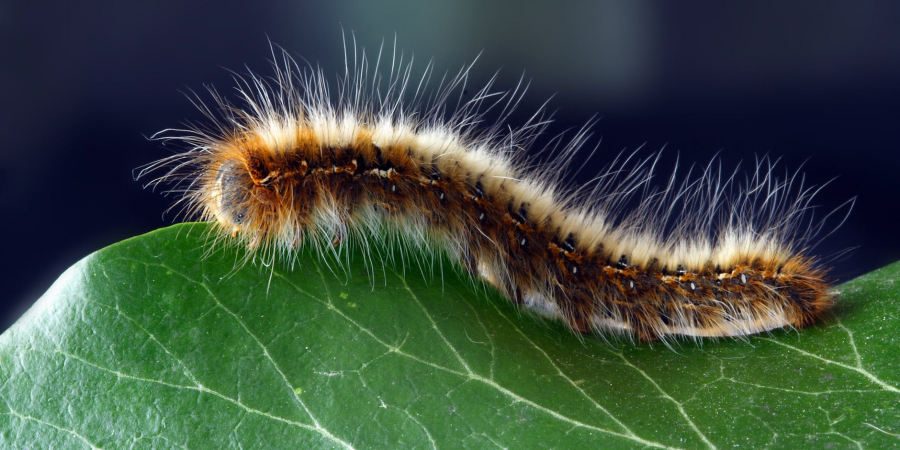

Insects, comprising the largest class of the animal kingdom, play a crucial role in the Earth's ecosystems. These remarkable creatures, with their diverse forms and functions, contribute significantly to maintaining the balance of the nature.
*Introduction:*
Insects are characterized by their segmented bodies, six legs, and exoskeletons made of chitin. They inhabit nearly every corner of the planet, adapting to various environments and climates. With over a million identified species, insects outnumber all over other animal groups combined.
*Ecological Importance:*
Insects are vital pollinators, facilitating the reproduction of flowering plants and ensuring biodiversity. Additionally, they are serve as decomposers, breaking down organic matter and recycling nutrients. Insects also form a crucial part of the food web, being a primary food of source for numerous animals.
*Adaptations and Diversity:*
Insects exhibit incredible adaptations, from the camouflage of stick insects to the defensive mimicry of certain butterflies. Their diversity is extends to habitats, with some thriving in deserts, while others dominate rainforests. This adaptability has enabled insects to thrive in nearly every ecosystem on Earth.
*Metamorphosis:*
One of the most fascinating aspects of insects is their life cycle, often characterized by metamorphosis. From egg to the larva, pupa, and finally, adult, this process varies among species. Complete metamorphosis, as seen in butterflies, involves distinct stages, while incomplete metamorphosis, observed in grasshoppers, features gradual changes.
*Social Insects:*
Certain insects, like ants, bees, and termites, display complex social structures. In ant colonies, for instance, workers, soldiers, and a queen collaboratively ensure the colony's survival. Bees arecontribute not only to pollination but also produce honey and maintain intricate hive systems.
*Challenges and Threats:*
Despite their importance, insects face numerous challenges, including habitat loss, pesticide use, and climate change. Declines in certain insect populations have raised concerns about potential ecological imbalances and impacts on human food sources.
*Conclusion:*
Insects, with their incredible diversity and ecological contributions, are an integral part of our planet's ecosystems. Understanding and appreciating these tiny marvels is crucial for preserving biodiversity and maintaining the delicate balance of nature.
Example:
The honeybee, a crucial pollinator, exemplifies the insect world's intricate social structure. Living in colonies, bees display remarkable cooperation and communication. Their laborious foraging contributes to the plant pollination, fostering biodiversity. Despite their small size, bees play a pivotal role in ecosystems and agriculture. However, they face threats like habitat loss and pesticides, underscoring the delicate balance within the intricate tapestry of insect life.
